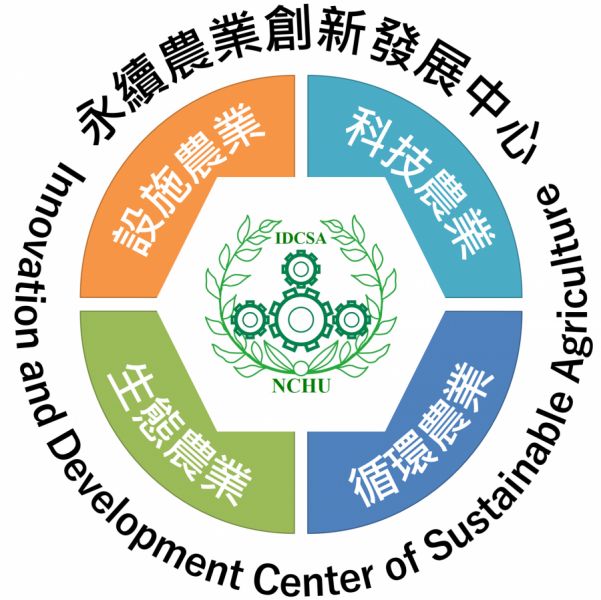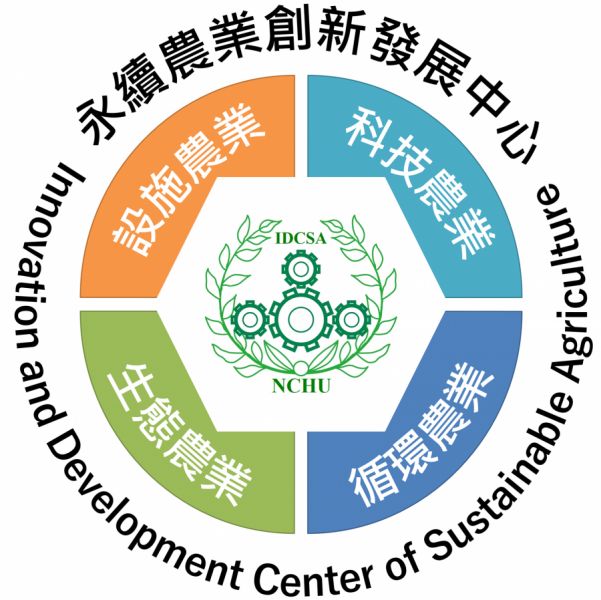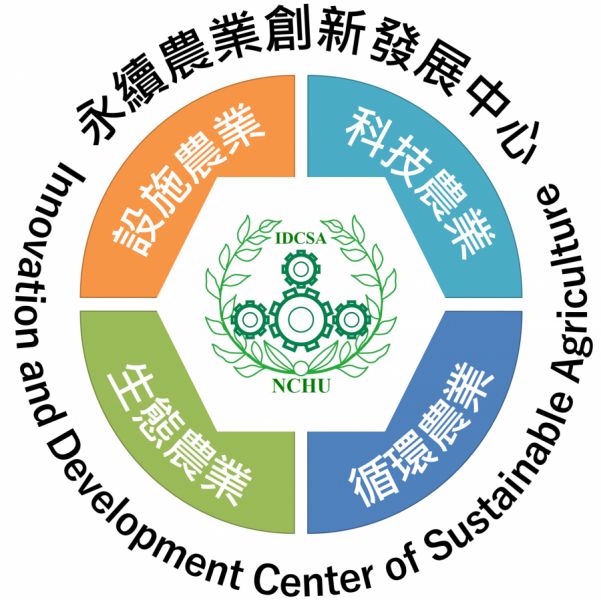With the rapid development of the livestock industry, a large amount of livestock wastewater has been generated in Taiwan in recent years. However, processing those wastewaters will cost a lot of money and manpower. Therefore, we have tried to create a method to process wastewater. World energy resource surveys show that hydrogen will become an important role in the production of renewable energy. We will use low-grade magnesium scraps that cannot be recycled and livestock wastewaters to generate hydrogen.
Develop non-platinum catalyst membrane electrodes to reduce the amount of precious metals and effectively reduce the cost of hydrogen production equipment. In this research, we use the wet dipping method to develop the bimetallic PdNi nanoparticles (PdNi/C) supported by Vulcan XC72R carbon black, and synthesize and analyze various Pd:Ni wt.% PdNi/ C Electrocatalyst. This technology is used in the electrolysis hydrogen production device. A high-efficiency electrolysis hydrogen production energy storage device has been built in the school ranch, and it can produce 500 NL of hydrogen per hour. Using magnesium waste to produce hydrogen and burning hydrogen for power generation, different types of eutectic magnesium alloys are used to produce hydrogen from agricultural and animal husbandry wastewater. The maximum hydrogen output per gram of eutectic magnesium alloy (Mg-1Cu) can reach 900 ml. This project also uses alloy combinations to construct a hydrogen production mode that continuously supplies hydrogen for 11 hours (40 liters). At present, a hydrogen-fired power generation system has been built in the school’s ranch, with a full-load power generation of 10KW/Hr, integrated solar cell modules, and the proportion of green energy generation has reached 25% of the ranch’s electricity consumption.

Professor Ying-Chih Lai (Department of Materials Science Engineering) won the “champion” at the 2020 IDB(經濟部工業局)Foundation Circular Innovation Competition(全國循環創新競賽).

Professor Ying-Chih Lai received the Highlight Technology in “Future Technology EXPO 2020”.

Figure. Research Acheivements(Subproject 8)
Figure. Professor Ying-Chih Lai individually won the 2020 Future Technology Awards from the Ministry of Science and Technology.




